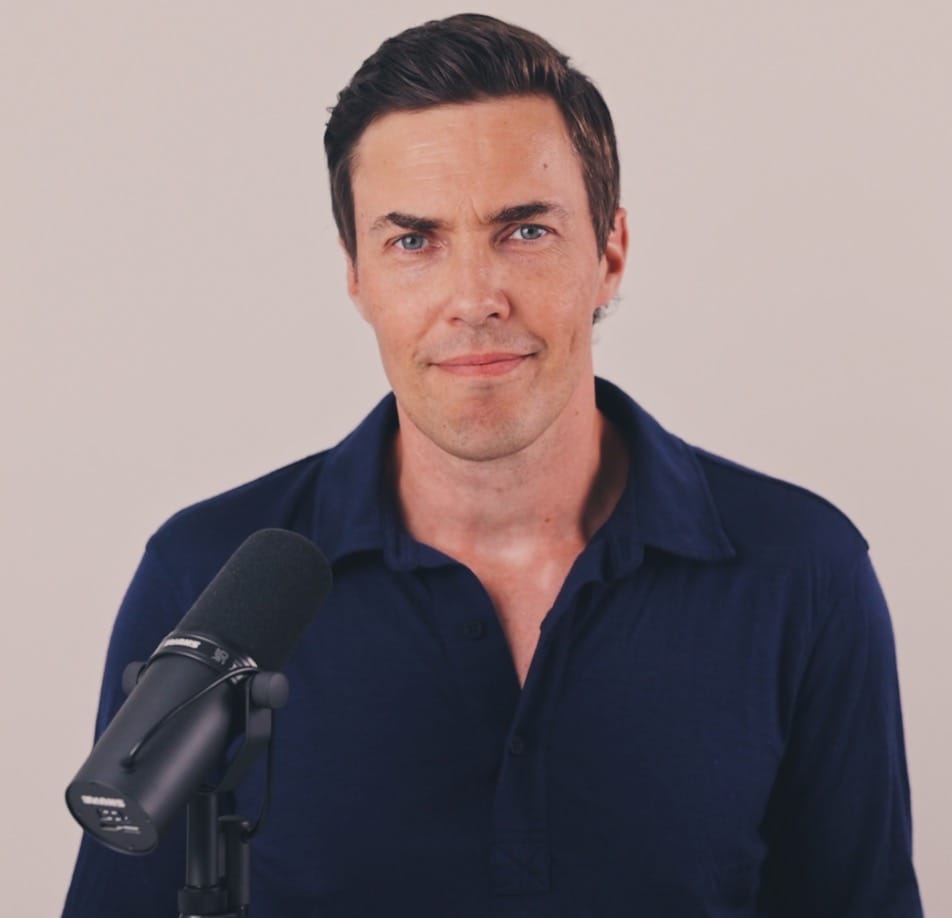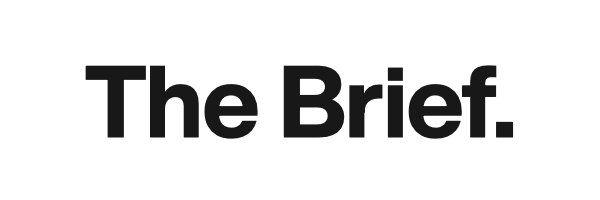When Everything Becomes A Brand




It used to be that brands were things companies had. Nike, Mercedes, Rolex. You went to the supermarket, chose between Coca-Cola and Pepsi, and went home without ever thinking you yourself needed a “brand.”
Well, that was me as a kid, long before I became a brand strategist. After that, I was never able to walk into a supermarket and not analyse almost everything I see. Just ask my wife, she knows I get paralysed with even the simplest shopping list in my hand. Too much distraction for a brand strategist.
Today, everything is a brand. Your plumber has a TikTok channel. Your neighbor’s schnauzer has a better Instagram following than your consulting business. Your kid’s volleyball team probably has a crest, a typeface, and a merchandise shop on Shopify. The line between commerce, culture, and identity has blurred to the point where simply existing in public feels like an act of branding.
At some level, this is liberating. The tools of expression that once belonged only to corporations are now in everyone’s hands. You can build an audience from your kitchen table. You can turn your obsession with Scandinavian chairs or vintage vinyl into a community of thousands. In theory, anyone can brand themselves into significance.
But here’s the catch: once everyone becomes a brand, brand itself loses scarcity. What was once a differentiator becomes table stakes. You’re not just competing with your competitors — you’re competing with every clever accountant making reels about tax loopholes, every yoga teacher livestreaming their classes, every teenager with a funny take on capitalism.
Confession: When Alex Hormozi came onto the scene, sharing age-old business concepts and ideas like a parrot (in his own voice and style), I was irritated. But in reality, I was just jealous. I am just 15 (or so) years older, and his ideas seemed "copied". The truth is, he is amazing, really smart, and whether he shares good-old concepts and ideas or not is irrelevant. I'm a fan (after I checked my ego).
I digress.
We’ve flattened the playing field, and in the process, diluted attention to the point of absurdity.
This is why authenticity suddenly matters again. The minute branding becomes universal, the only way to stand out is by being unnervingly real. It’s no longer enough to have a slick logo or a polished tagline. People want to know what you stand for, how you think, and whether you believe in anything beyond clicks.
The cultural irony here is that the more we talk about “personal branding,” the less personal it feels. What started as self-expression can quickly calcify into performance. LinkedIn, once a digital CV, now reads like a stage where everyone is perpetually auditioning for their next role. The entrepreneur becomes the brand, the brand becomes the person, and before long it’s hard to tell where one ends and the other begins.
And yet, there’s no escaping it. To opt out of branding today is, paradoxically, a branding choice. The restaurant that refuses Instagram still communicates something — austerity, exclusivity, perhaps even arrogance. In a hyper-branded world, silence is its own logo.
So where does that leave us, the entrepreneurs, the consultants, the creators? Perhaps with a simple lesson: brand less, mean more. To be clear, branding is about creating meaning and attaching it to a name, but the word is often used as something much more surface-level (like visuals and messages).
Build fewer campaigns and more convictions. If everything is a brand, then the real differentiator isn’t polish but depth. Not the size of your audience but the strength of your point of view.
The future won’t belong to those who brand the loudest. It will belong to those who brand the truest — whether they’re running a multinational, a consultancy, or yes, even a schnauzer’s Instagram account.
Be great.
Tobias
I'd love your input in the comments.
ps. Not yet a paid subscriber?
Get 25+ articles per week + a weekly summary across Brand, Design, Culture, Entrepreneurship, Marketing, and more. Click Subscribe.